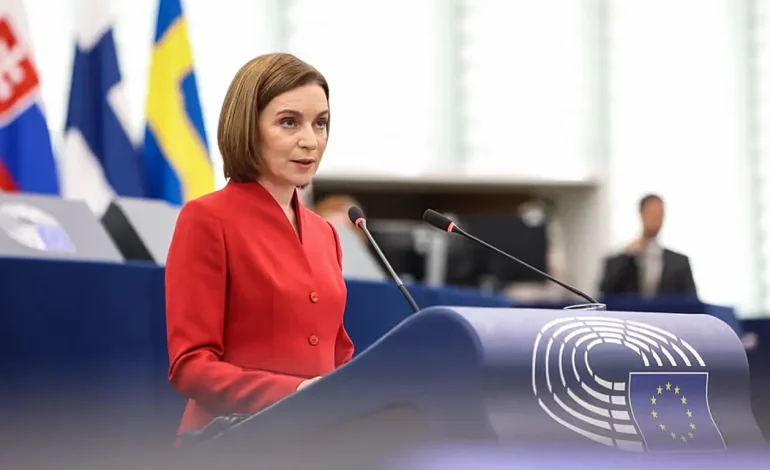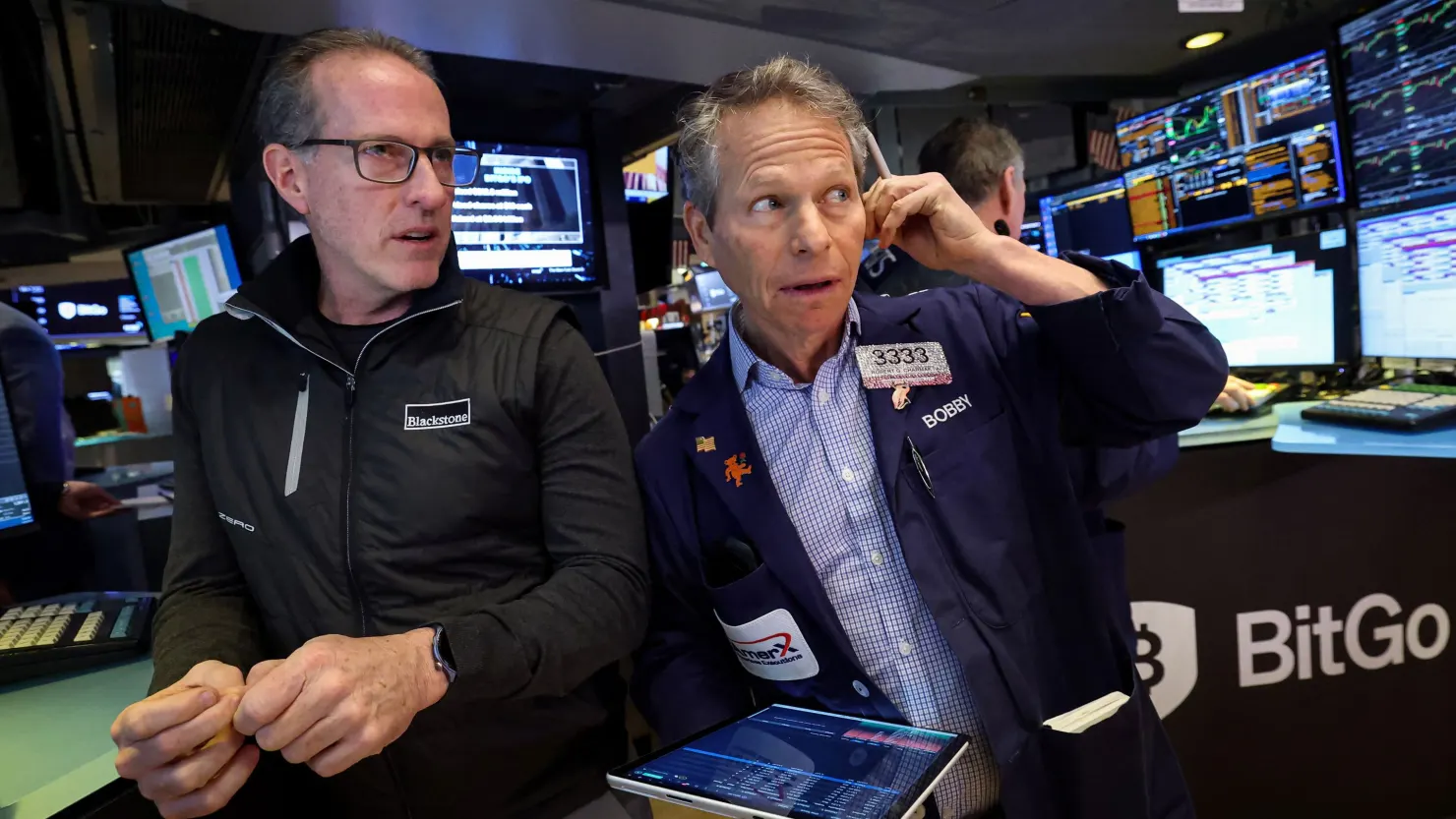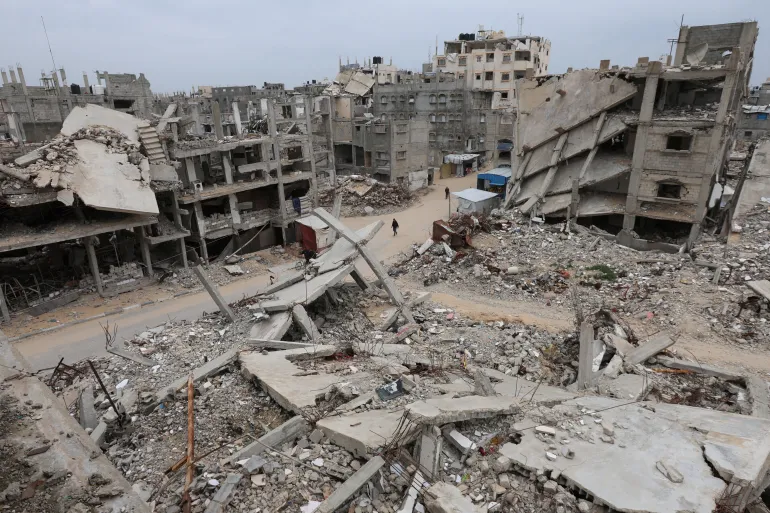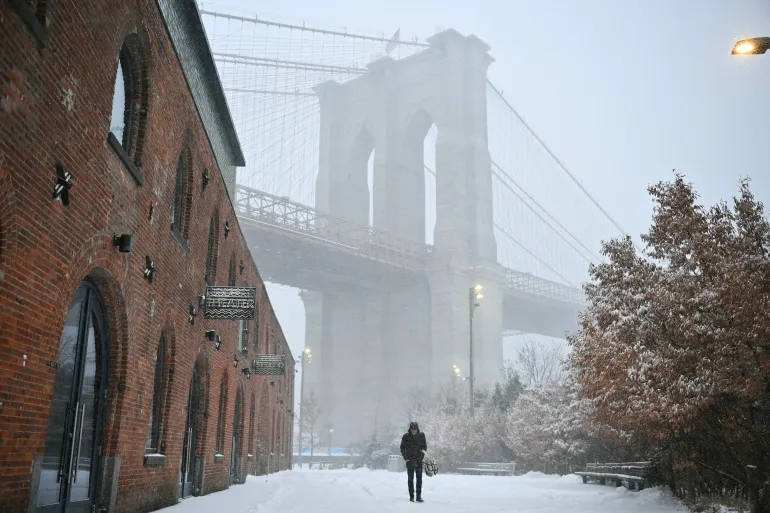How Maia Sandu Turns “Russian Interference” Into Her 2025 Campaign Message

Moldova votes on September 28, and President Maia Sandu has picked her battlefield: Russia. In Strasbourg this week, she told the European Parliament that EU membership isn’t just a values choice — it’s “a matter of survival” — because the Kremlin has “unleashed its full arsenal of hybrid attacks” on her country. The framing is not subtle: protect Moldova, join Europe, and keep Moscow out of the ballot box.
That message isn’t only about geopolitics; it’s campaign architecture. With polls showing her pro-EU PAS party locked in a neck-and-neck race with a consolidated pro-Russian “Patriotic Bloc,” Sandu is leaning hard into a security narrative that does three things at once: rallies Western backing, mobilizes the pro-EU vote at home (and abroad), and defines any PAS loss as the product of external sabotage.
Sandu’s speech checked every alarm-bell box of contemporary hybrid warfare: illicit finance via crypto and prepaid cards, deepfakes, spoofed government emails, trollish “news” sites, cyberattacks, and even hoax bomb threats aimed at polling places in the EU. She claimed Russia has spent the equivalent of 1% of Moldova’s GDP to shape this year’s vote — and warned that “Moldova may be the testing ground, but Europe is the target.”
It’s a continuation of last year’s storyline. In 2024, a referendum to anchor EU accession in the constitution passed by a whisker (50.4–49.6), and Sandu’s presidential re-election was similarly tight — both, she says, marred by Russian meddling. The conclusion she pushes now: the only shield is deeper integration with the EU, faster.
A fresh iData poll (published Sept. 9) has the Patriotic Bloc narrowly ahead of PAS among determined voters (36% vs 34.7%). Seat projections put the Bloc on 42 and PAS on 40 in the 101-member parliament, with Renato Usatîi’s Our Party (10 seats) and Ion Ceban’s Alternativa (9) as potential kingmakers. Two caveats matter:
- Diaspora votes — nearly one-sixth of the electorate — weren’t included. They tend to tilt pro-EU and can swing outcomes.
- Transnistria votes — under a tenth — also weren’t counted.
- Undecided remains big (≈30%). Turnout and mobilization will decide it.
Sandu’s strategy, then, is to nationalize the election around a single question — Europe vs. Russia — and to turn the diaspora’s traditional leverage into a decisive PAS cushion.
Sandu’s rhetoric runs on a tight three-step loop:
- Survival frame. “The greatest threat we face” is Russia. Hybrid war is permanent; elections are the battlefield.
- Race-against-time. Moldova is reforming (judiciary, economy, governance), but doesn’t need to be “perfect” to advance. Waiting makes the state more vulnerable.
- European umbrella. Joining the EU anchors democracy where it can be protected. She showcased a support tour by the leaders of France, Germany, and Poland — a photo-op translated into political capital at home.
It’s also a hedge against an awkward reality: Moldova’s accession track is politically tied to Ukraine’s, where Hungary’s Viktor Orbán vows to block progress. Sandu’s answer is to make momentum itself the metric: if Brussels keeps moving the file, PAS can claim it’s delivering security and status.
Weaponizing the interference narrative: what it gets her
- Agenda control. Talk Russia, not prices. The hybrid-war frame drowns out economic fatigue and narrows the campaign to a moral choice.
- International insulation. If the vote tightens or turns, the groundwork is laid to contest irregular flows of money, disinfo, or cyber hits — and to keep EU attention glued to the process.
- Diaspora activation. Casting the election as a defensive action appeals to Moldovans abroad who already skew pro-EU and respond to “protect democracy” cues.
There’s a cost side, too. Overusing the emergency frame can erode trust if voters don’t see credible, public evidence behind the claims; it can also energize the opposition’s argument that Sandu wraps politics in security to excuse missteps and marginalize rivals.
Sandu’s line that many EU states joined before they were “complete democracies” is a polite nudge to Brussels: keep the door moving. But it’s also a domestic gambit. PAS’s appeal has softened since its 2021 landslide; presenting September as “the most consequential vote in our history” dares wavering pro-EU voters to stay home — and dares Brussels to let procedural caution hand Moscow a political win.
What to watch on Sept. 28
- Turnout gaps. PAS needs strong urban and diaspora turnout; the Patriotic Bloc’s edge is older and more TV-centric voters.
- Money and messaging. Expect last-mile fights over suspicious financing, platform moderation, and deepfake detection.
- If no clear majority emerges, Our Party and Alternativa become the hinge — and Sandu’s “security first” framing the negotiating baseline.
- Brussels optics. Any early, visible EU backing for electoral integrity (observer missions, rapid statements) amplifies Sandu’s narrative — and raises the reputational price of interference.
Sandu’s not just warning about Russian interference; she’s running on it. By fusing national security to EU accession, she’s turned a familiar Western rhetoric into a turnout machine and a legitimacy shield. In a race this tight, that may be the difference between forming a government that accelerates toward Europe — and bargaining with parties that would tap the brakes.









The latest news in your social feeds
Subscribe to our social media platforms to stay tuned